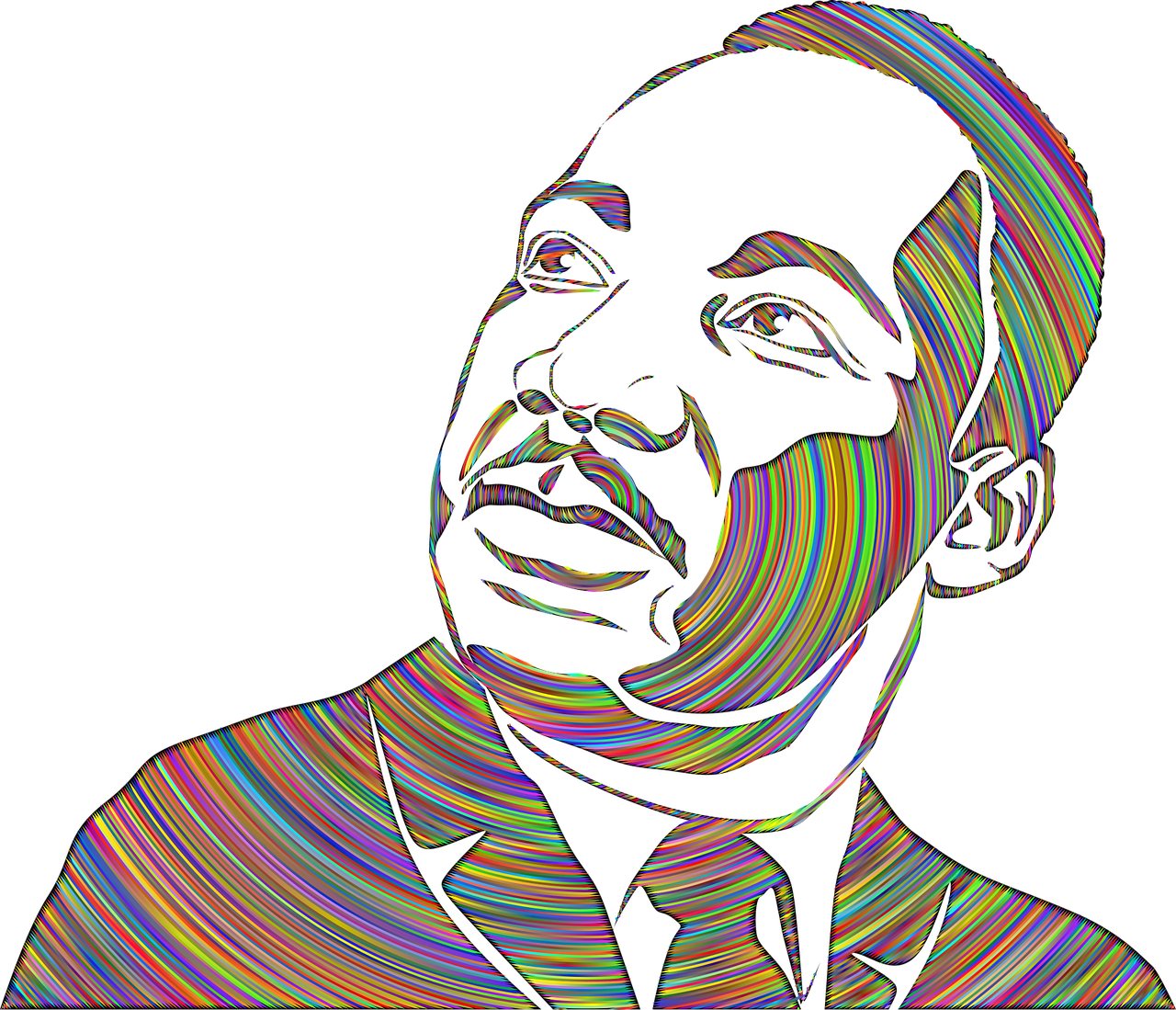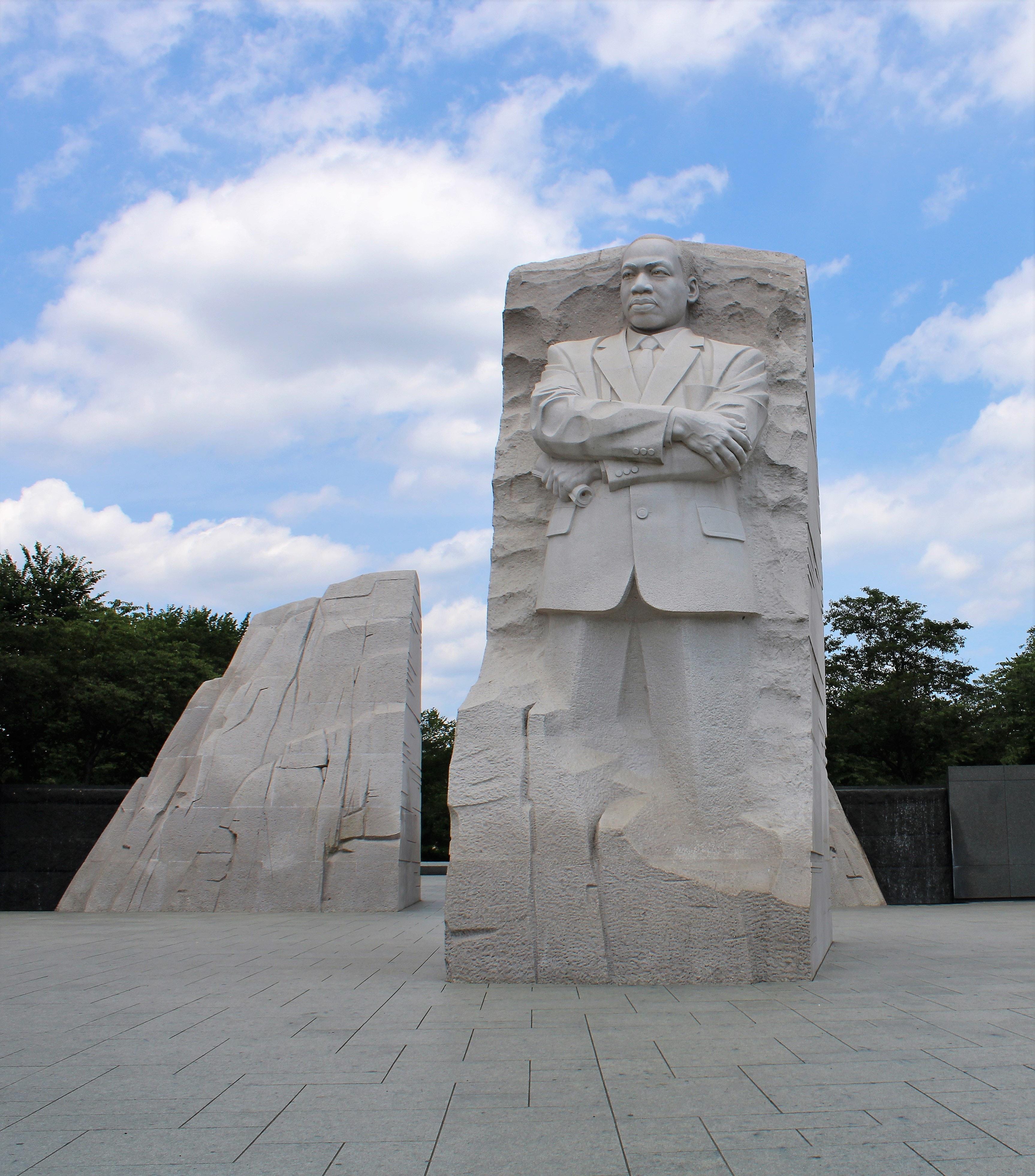Martin Luther King Jr., a prominent figure in the American Civil Rights Movement, continues to be celebrated and revered for his unwavering commitment to fighting against racial segregation and inequality. Born on January 15, 1929, in Atlanta, Georgia, Dr. King rose to prominence as a Baptist minister and activist, leading numerous nonviolent protests and delivering powerful speeches that left an indelible mark on history.
One cannot discuss Martin Luther King Jr.’s impact without mentioning his famous “I Have a Dream” speech, delivered during the March on Washington for Jobs and Freedom on August 28, 1963. This iconic speech called for an end to racial discrimination and inspired millions around the world. But what other speeches did Martin Luther King give? And what did he achieve during his lifetime?
This blog post delves into the life and achievements of Martin Luther King Jr., exploring the profound influence he had on the civil rights movement, his remarkable Nobel Peace Prize win in 1964, and the lasting legacy he left behind. Join us as we examine the conclusion one can draw about the remarkable man who dared to dream of a better world for all.

What conclusion can one come to about Martin Luther King Jr
Martin Luther King Jr. was an extraordinary figure who left a profound impact on American history and civil rights. Analyzing his contributions and character allows us to draw several conclusions about this remarkable man.
A Visionary Leader with a Passion for Equality
Martin Luther King Jr. demonstrated an unwavering commitment to fighting for social justice and equality. His famous “I Have a Dream” speech, delivered in 1963 during the historic March on Washington, exemplifies his powerful vision for a nation free from racial discrimination. Through his inspiring words and peaceful protests, King shed light on the injustices faced by African Americans and rallied people from all walks of life to join the struggle for equality.
Nonviolent Resistance as a Catalyst for Change
One distinctive aspect of Martin Luther King Jr.’s approach was his unwavering commitment to nonviolent resistance. He drew inspiration from Mahatma Gandhi’s methods and believed that peaceful protests could deliver a powerful message and effectuate lasting change. This commitment to nonviolence not only distinguished King’s movement from others, but it also allowed him to maintain a moral high ground, compelling opponents to address the issues peacefully rather than resorting to violence.
A Tireless Advocate for Civil Rights
King’s unyielding advocacy for civil rights transformed him into a prominent figure within the movement. He consistently championed the rights of African Americans, demanding an end to racial segregation and systemic discrimination. His efforts ultimately led to several landmark achievements, including the passage of the Civil Rights Act of 1964 and the Voting Rights Act of 1965. These legislative triumphs helped dismantle institutionalized racism and pave the way for greater equality.
Challenging the Status Quo
Martin Luther King Jr. was not afraid to challenge the status quo and confront deeply entrenched societal norms. He fearlessly spoke out against racial inequality, often at the risk of personal safety and facing backlash from those resistant to change. His willingness to engage in peaceful civil disobedience, such as the Montgomery Bus Boycott, exposed the hypocrisy of segregationist policies and catalyzed nationwide discussions on racial justice.
Legacy of Inspiration and Change
The legacy of Martin Luther King Jr. continues to inspire generations. His teachings on equality, justice, and the power of love still resonate today, reminding us of the ongoing fight for social justice. King’s impact extends far beyond his lifetime, as his ideals continue to shape movements advocating for equality for all races, genders, and marginalized communities. His unwavering dedication to fighting injustice serves as a constant reminder of the power of an individual to effect meaningful change.
In conclusion, Martin Luther King Jr. was a visionary leader, tireless advocate, and catalyst for social change. His steadfast commitment to nonviolent resistance, his passion for equality, and his unwavering determination make him an iconic figure in American history. As we reflect on his contributions, his legacy serves as a powerful reminder that our collective efforts can pave the way for a more just and inclusive society.

FAQ: Martin Luther King Jr. – A Legacy of Inspiration
What other speeches did Martin Luther King Jr. deliver
Martin Luther King Jr. was a renowned orator who delivered numerous impactful speeches throughout his life, advocating for civil rights, justice, and equality. Some of his most famous speeches include:
“I Have a Dream” (1963)
This iconic speech was delivered by King during the March on Washington for Jobs and Freedom. It emphasized his vision for a future where racial harmony and equality prevail. The powerful words of this speech continue to resonate with people around the world.
“Letter from Birmingham Jail” (1963)
While incarcerated for leading a nonviolent protest against racial segregation, King penned this letter in response to criticisms from fellow clergymen. It eloquently expressed his passionate dedication to the civil rights movement and highlighted the importance of nonviolent resistance.
“Beyond Vietnam: A Time to Break Silence” (1967)
In this speech, King tackled the controversial topic of the Vietnam War. He denounced the war and called for a commitment to peace, justice, and the poverty eradication.
What conclusion can be drawn about Martin Luther King Jr.
Martin Luther King Jr.’s legacy is truly extraordinary, leaving an indelible mark on American history. His tireless efforts and unwavering commitment to civil rights have earned him a prominent place in the hearts and minds of people worldwide. Through his transformative leadership and powerful speeches, King inspired millions to stand up against injustice and fight for equality. He advocated for nonviolent resistance, emphasizing the power of love, peace, and unity as catalysts for societal change. Ultimately, the conclusion one can draw about Martin Luther King Jr. is that he was a visionary leader who courageously challenged societal norms and made significant strides towards a more equal and just America.
What did Martin Luther King Jr. receive the Nobel Peace Prize for
In 1964, Martin Luther King Jr. was awarded the Nobel Peace Prize for his exceptional contributions to the civil rights movement. The Nobel Committee recognized his philosophy of nonviolence and his impassioned struggle for racial equality, justice, and peace. This prestigious honor underscored the profound impact of King’s efforts in shaping a society based on civil rights, compassion, and human dignity. Martin Luther King Jr.’s Nobel Peace Prize served as a testament to the global recognition of his remarkable leadership and dedication to fighting for equality and justice.
What did Martin Luther King Jr. bring to an end
One of Martin Luther King Jr.’s notable achievements was his pivotal role in ending racial segregation in America. Through peaceful protests, nonviolent resistance, and powerful speeches, he fought against discriminatory practices that perpetuated racial injustices. King’s unwavering dedication and the nonviolent strategies employed during the civil rights movement led to significant legal and social changes. His tireless efforts advocated for an end to segregated spaces, discriminatory laws, and unequal treatment based on race. Martin Luther King Jr. played a pivotal role in bringing an end to the era of institutionalized segregation, paving the way toward a more inclusive and equal America.
By keeping Martin Luther King Jr.’s profound contributions and powerful speeches in mind, we can continue to draw inspiration from his fight for justice, equality, and peace. Let his legacy be a reminder that every individual has the power to make a difference and create a brighter future.
